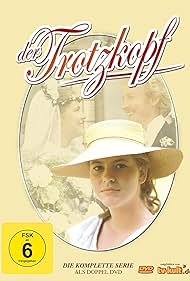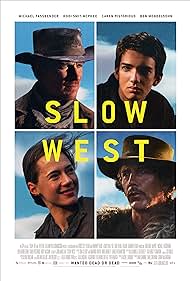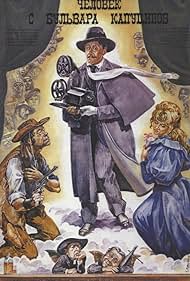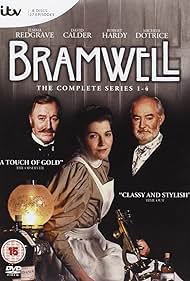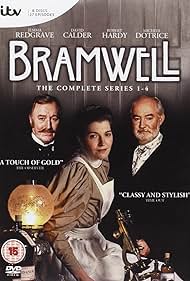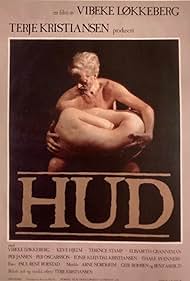Les misérables Soundtrack (2000)

Buy on Amazon Play and download Soundtracks
Los miserables
I miserabili
Os Miseráveis
Les misérables
Les misérables
Les Misérables - Gefangene des Schicksals
Synopsis
The scene is set during the French Restoration at the beginning of the 19th century. Jean Valjean, a galley slave who was sent to prison for stealing food, is now released after serving nineteen years. At first he only encounter mistrust and closed doors; only the saintly Bishop Bienvenu treats him kindly and takes him in. The bishop's truly Christian compassion and humanity not only restores Jean Valjean's faith in the good, but also smoothes his way back to an orderly life. As Monsieur Madeleine, Valjean is soon a wealthy industrialist and popular citizen, even becoming the mayor of a small provincial town. His good fortune departs, however, when he meets Fantine, one of his workers, an unmarried mother who tragically dies of consumption. The well-intentioned Valjean frees Fantine's illegitimate daughter Cosette from the clutches of her insidious foster parents, and looks after her like a father. When Valjean reveals his true identity in order to prevent an innocent man who closely resembles him from being sold into a life of slavery as a result of a police error, he is convicted yet again. Valjean soon succeeds in escaping yet again, however, and manages to live under a false name in Paris for a few years. When Cosette, now a young lady, falls in love with the young attorney Marius Pontmercy, Valjean forbids the match - because he has fallen in love with the young girl himself... At this point, however, Marius finds out about Valjean's disreputable past and about Valjean's love for her and has no choice but to keep him away from Cosette. Valjean, thinking of his former benefactor Bishop Bienvenu, now makes the ultimate sacrifice - he decides to do without Cosette. A short while later Valjean falls seriously ill, but in the face of death he leaves a message of love to the young couple: "There is only one thing in the world that is important - and that is to love each other."






